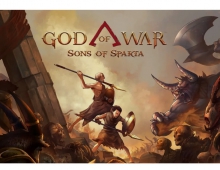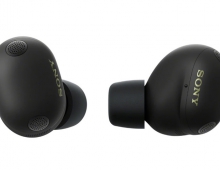
Sony unit to test delivery of copyrighted video content
Sony Communication Network Corp, or SCN, will begin testing a system on may 29 that transmits video content online in a way that protects copyrights.
The Sony Corp group firm that operates the So-net Internet service aims to create a new business model for renting movies and other content over the Internet.
In order to prevent the illegal copying and distribution of copyrighted movies and other video content, most content delivery services now simply stream the data so it cannot be saved to the computer. But when this is done, the quality can vary depending on the state of communications over the network. In addition, the user must be connected to the Internet in order to view the content.
Higher-quality video content is possible when data is downloaded to the user's computer. To provide this in a way that makes copying practically impossible, SCN has teamed up with software start-up Japan Wave Inc.
For the tests, video content will be available for download from the So-net Web site. Rather than saving the content to a single file, the data will be divided into pieces and saved to an unspecified number of different locations on the user's hard disk. Viewing the video content will require special software that can be downloaded from the So-net Web site. If somehow a person was able to bring the pieces together and create illegal copies, he or she would still have trouble distributing the copies because the data also incorporates special automatic data-erasure technology developed by Japan Wave that deletes the content after a set amount of time.
SCN will study whether a business model based on this kind of downloading can be profitable. The Sony Group is already involved in everything from the production of video content to the manufacture of digital terminals that can display video content, so adding an Internet-based content rental business to the mix is entirely plausible.
Higher-quality video content is possible when data is downloaded to the user's computer. To provide this in a way that makes copying practically impossible, SCN has teamed up with software start-up Japan Wave Inc.
For the tests, video content will be available for download from the So-net Web site. Rather than saving the content to a single file, the data will be divided into pieces and saved to an unspecified number of different locations on the user's hard disk. Viewing the video content will require special software that can be downloaded from the So-net Web site. If somehow a person was able to bring the pieces together and create illegal copies, he or she would still have trouble distributing the copies because the data also incorporates special automatic data-erasure technology developed by Japan Wave that deletes the content after a set amount of time.
SCN will study whether a business model based on this kind of downloading can be profitable. The Sony Group is already involved in everything from the production of video content to the manufacture of digital terminals that can display video content, so adding an Internet-based content rental business to the mix is entirely plausible.





















